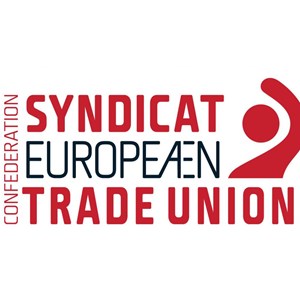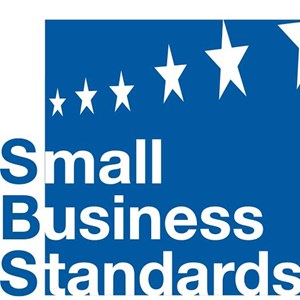NEWS

On the 2nd of March, the CEN and CENELEC Focus Group Organ-on-Chip (FGOoC) had its Kick-off Meeting. More than 80 stakeholders participated and discussed the potential for standardization and the way forward in this innovative field of biomedical technology.

On 5 April, the ETUC submitted its reply to the consultation on the proposed amendment to article 10 of Regulation (EU) 1025/2012 on European standardization, which the European Commission had issued as part of the new European Standardization Strategy package on 2 February.

On 15 June 2022, SBS will organise its annual conference on the topic of “SMEs setting the standard for sustainable products – Drivers and challenges”. The conference, moderated by Jennifer Baker, will focus on the Sustainable Product Initiative, the impact of the new proposals on European small and medium-sized enterprises (SMEs) and the role of standards in their implementation.

On 22 and 23 March, CEN and CENELEC, together with ETSI and ZVEI (the German Electro and Digital Industry Association), co-hosted the online event “Standardization is back”.

On 18 March, Isabelle Schömann, ETUC’s Confederal Secretary in charge of standardization, was invited to speak at the EESC expert hearing on “The role of standards for the twin transition and the competitiveness of the EU”, to provide the trade unions’ perspective on the recently published new European Strategy on Standardization.

2022 is the European Year of Youth. Indeed, the EU institutions have decided to establish this year to celebrate and shine a light on the importance of European youth to build a better future – greener, more inclusive and digital.

CEN and CENELEC and their Members are fully committed to strengthening their relationship with researchers and innovators and promoting standards as tools to channel research outcomes and innovative ideas into the market.

On Thursday, 10 March, AFNOR (the French Association for Standardization), together with BDVA and Confiance.AI, co-hosted the high-level ‘International Conference Shaping European AI leadership’ in the framework of the French presidency of the European Union. The event, to which participated a wide array of key players in the field of AI coming from standardization organisations, national and European public authorities and the industry, was an opportunity to discuss how voluntary standards can contribute to the development of confidence in Artificial Intelligence and in support of a future EU regulation on AI.

On Tuesday March 8th the Joint Research Centre of the European Commission (JRC), together with the European Committee for Standardization (CEN) and the European Committee for Electrotechnical Standardization (CENELEC) held a virtual event to celebrate the renewal of their Cooperation Agreement which took place at the end of 2021.

CEN and CENELEC welcome the consultation on the New Legislative Framework as a critical development in the joint efforts to build a harmonised Single Market, which encourages the alignment of strategies for and with the use of standardization as a key asset.